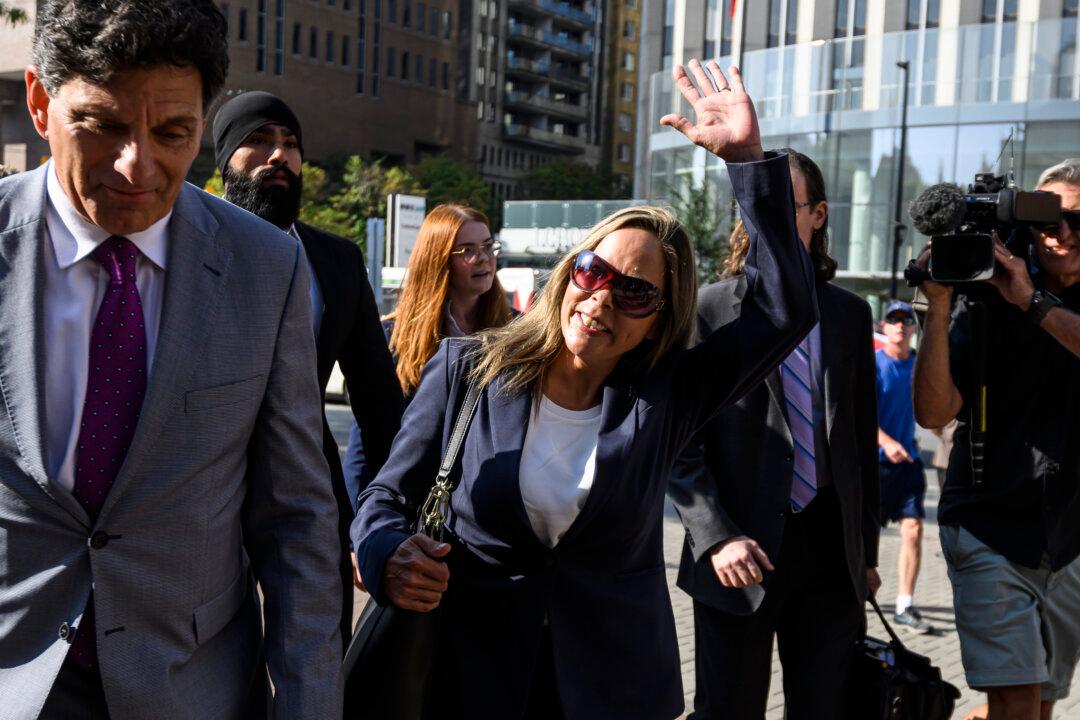OTTAWA—The defence in the trial of Freedom Convoy organizers Tamara Lich and Chris Barber is taking issue with the Crown prosecutors calling the protest an “occupation.”
Defence, Crown Dispute ‘Occupation’ Label for Freedom Convoy on Barber, Lich Trial Opening Day

Tamara Lich arrives with defence lawyer Lawrence Greenspon (L) for her trial at the Ottawa Courthouse, in Ottawa on Sept. 5, 2023. The Canadian Press/Justin Tang




